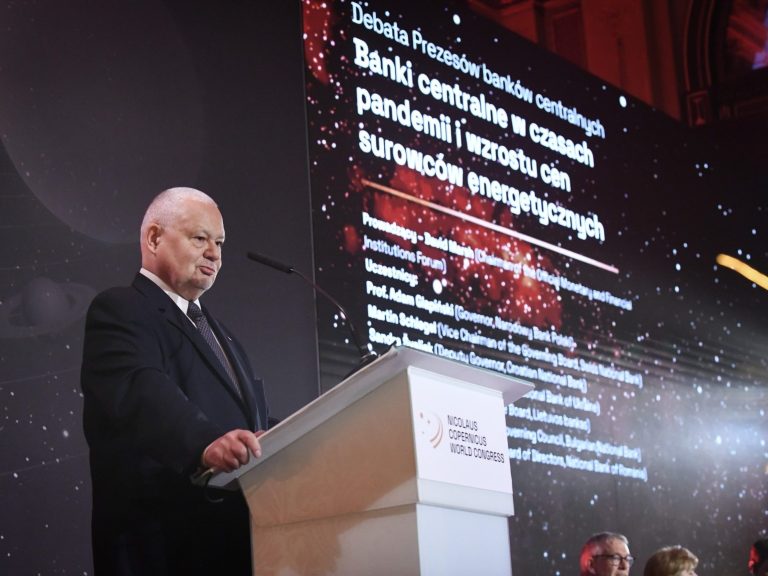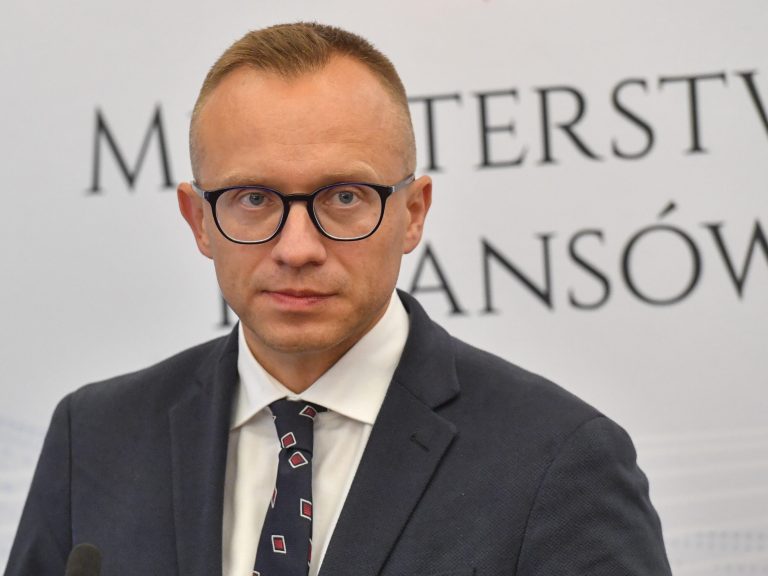EU countries still buy gas from Russia. The EU commissioner appeals

European Union countries still import 15 percent. liquefied natural gas (LNG) from Russia – according to data presented by Kadri Simson, EU Commissioner for Energy. Simson issued an appeal to these countries.
EU Energy Commissioner Kadri Simson told RedaktionsNetzwerk Deutschland (RND) that European Union countries still import 15 percent. liquefied natural gas (LNG) from Russia, although they can do without this import.
EU countries are still buying Russian gas. “We can not…”
Simson called for an end to importing LNG from Russia. — We can no longer support the Russian government, and therefore we can no longer buy Russian gas — said the EU Commissioner for Energy. — We already have enough alternatives from other partner countries to stop buying Russian LNG — she added.
Simson explained that imports from Russia are a political decision of individual member states. – I am saying clearly: we do not need Russian LNG and we can do without it immediately if the heads of government want it – said the EU commissioner.
The international LNG market is stable and Europe is not at risk of a shortage of this gas. Simson admitted, however, that in the case of natural gas transmitted through pipelines, becoming independent from Russia would be more difficult for some EU countries.
Gas production has dropped
At the end of January this year. Deputy Prime Minister of Russia Alexander Nowak presented data from the hydrocarbons sector, including gas production, which decreased by 5.5% in 2023. Exports via Russian gas pipelines continued the decline from last year and decreased by 9.4%. up to 91.4 billion cubic meters LNG deliveries also decreased: by 4.6%. up to 43.6 billion cubic meters As the biznesalert.pl website notes, this is the result of the declining role of Gazprom on the European gas market, to which there is no immediate alternative. The Russian deputy prime minister announced the gasification of areas of Russia without access to fuel, the development of LNG projects and the construction of new gas pipelines, including Power of Siberia 2 to China. However, the latter two processes will be limited by sanctions and the financial problems of energy companies, led by Gazprom.






